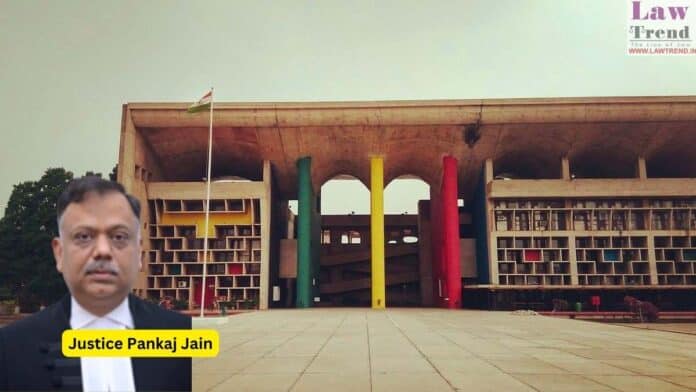In a significant ruling, the Punjab & Haryana High Court has underscored the unreliability of confessions made in police custody, emphasizing the legal protections against such admissions under the Indian Evidence Act. The judgment was delivered by Justice Pankaj Jain in the case of Navdeep @ Chhotu and another v. State of Haryana (CRA-S No.
To Read More Please Subscribe to VIP Membership for Unlimited Access to All the Articles, Download Available Copies of Judgments/Order, Acess to Central/State Bare Acts, Advertisement Free Content, Access to More than 4000 Legal Drafts( Readymade Editable Formats of Suits, Petitions, Writs, Legal Notices, Divorce Petitions, 138 Notices, Bail Applications etc.) in Hindi and English.




